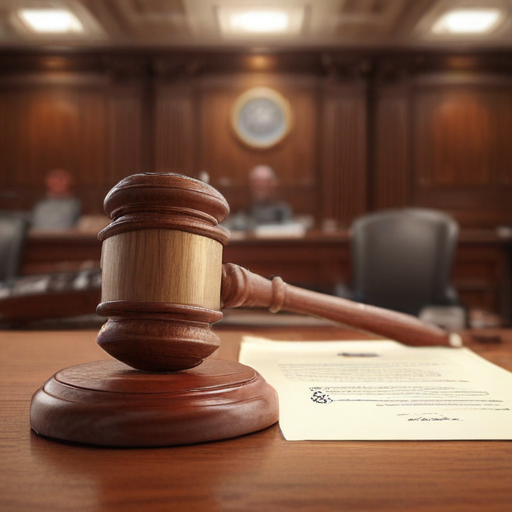Pete Hegseth, nominated to serve as Secretary of Defense in the incoming Trump administration, faced intense scrutiny during his confirmation hearing before the Senate Armed Services Committee. The hearing, marked by contentious exchanges, raised concerns about his qualifications and allegations regarding his personal conduct.
Hegseth, a former Army National Guard veteran with significant military experience including multiple deployments, has been prominent on Fox News as a co-host of “Fox and Friends Weekend.” However, during the hearing, he was questioned rigorously about past accusations of financial mismanagement, allegations of alcohol abuse, and a settlement related to a sexual misconduct claim.
Democratic Senator Jack Reed, the ranking member of the committee, expressed serious concerns about Hegseth’s ability to handle the responsibilities of leading a vast government agency, especially in light of ongoing global threats, including tensions with China and Russia. Reed critiqued Hegseth’s limited management experience and highlighted troubling allegations, including financial instability during his tenure with Veterans for Freedom, which he led.
In response to queries about his personal philosophy and remarks in his published works, Hegseth defended his positions, asserting that a perceived “coordinated smear campaign” against him was underway. He acknowledged shortcomings but expressed confidence in his readiness for the position, emphasizing a commitment to military readiness and a desire to move past “woke policies.”
The hearing showcased a stark divide between party lines, with mostly Republican support for Hegseth. Senator Roger Wicker, chair of the Armed Services Committee, acknowledged the accusations but highlighted that most came from anonymous sources, suggesting that the media was at fault for their portrayal of Hegseth.
Despite concerns raised by some Senate Republicans, Trump’s public endorsement of Hegseth bolstered his nomination. Senate Majority Leader John Thune indicated that Hegseth’s confirmation process would be conducted fairly, underscoring the importance of the defense secretary role as one of the most critical in the executive cabinet.
In addition to addressing allegations, Hegseth was expected to clarify his views on women’s roles in combat, a topic that earned particular scrutiny due to earlier comments he had made. As the confirmation process continues, it remains to be seen if Hegseth can assuage concerns regarding his qualifications and secure the necessary support for his appointment.
Overall, Hegseth’s hearing reflects the complex dynamics of personnel selections in a highly polarized political landscape, with implications for the future of U.S. military policy and leadership.
